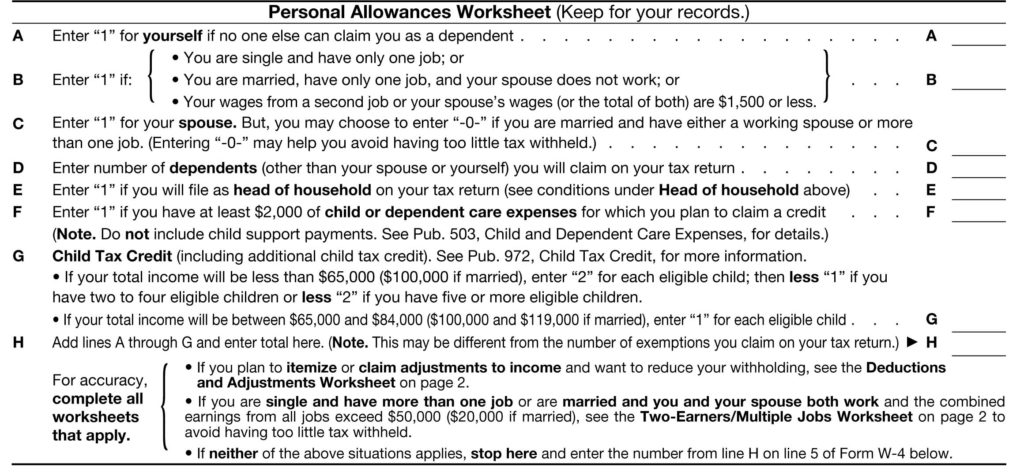The American Rescue Plan Act (ARPA) included a provision that allows for the IRS to begin making advanced payments of the Child Tax Credit next month. This credit, up to $3,600 per child under the age of 6 and $3,000 per children ages 6 to 17, is typically received as a credit applied against your total tax when you file your tax return.
The Child Tax Credit advance payments, which are scheduled to be made on the 15th of each month, were established to create financial certainty for families to plan their budgets. The first monthly payment is slated to begin on July 15, unless a taxpayer opts-out
Should you opt out of advance payments?
Everyone’s individual situation is different, but many individuals rely on these credits at year-end upon filing to reduce their tax burden, especially individuals and entrepreneurs that have factored these credits into their withholding and estimated tax payments. If you want to avoid any unwanted surprises at tax time, it may be beneficial to opt out of the advance payments unless you need the funds to make ends meet. If you chose to opt out, you will still be able to claim the full Child Tax Credit upon filing of your 2021 tax return. Otherwise, any payments received in advance are not allowed to be claimed as a credit on your 2021 tax return.
Receiving these advance payments will likely complicate your tax return next filing season and result in a lower tax refund or larger balance due than usual.
If you received advances of the Child Tax Credit that you were ultimately not eligible for based on 2021 income, you may also be required to pay these amounts back. Since the advanced credit is based on 2019 or 2020 information, if you earn or receive more income in 2021 than you did in 2020 or 2019, or if your child turns 18 by January 1, 2022, you may be on the hook to repay this advance with your 2021 tax return.
How much are the Child Tax Credit payments?
Most eligible taxpayers will receive $300 per month for each child under 6 years old and $250 per month for each child aged 7-18. However, higher earners will receive reduced payment amounts.
The annual credit can be reduced to $2,000 per child if your modified AGI (adjusted gross income) in 2021 exceeds:
- $150,000 if you’re married filing jointly
- $112,500 if you’re filing as a head of household
- $75,000 if you’re single or married filing separately
The annual credit can be reduced to below $2,000 per child if your modified AGI in 2021 exceeds:
- $400,000 if you’re married filing jointly
- $200,000 for all other filing statuses
You can opt-out of receiving this credit here.
You can check your eligibility here.


